Sign up for our newsletter!
Your data will be handled in compliance with our privacy policy.
Your data will be handled in compliance with our privacy policy.
IR Blog Posts

December 17, 2025
Artificial intelligence (AI) is the collective term for technologies that enable computers to perform tasks that normally require human intelligence – such as recognizing images, understanding language, playing games or making decisions. It is based on algorithms, mathematical models and (now mainly) Machine Learning and Deep Learning, where neural networks are trained on large data sets.
IR Blog Posts
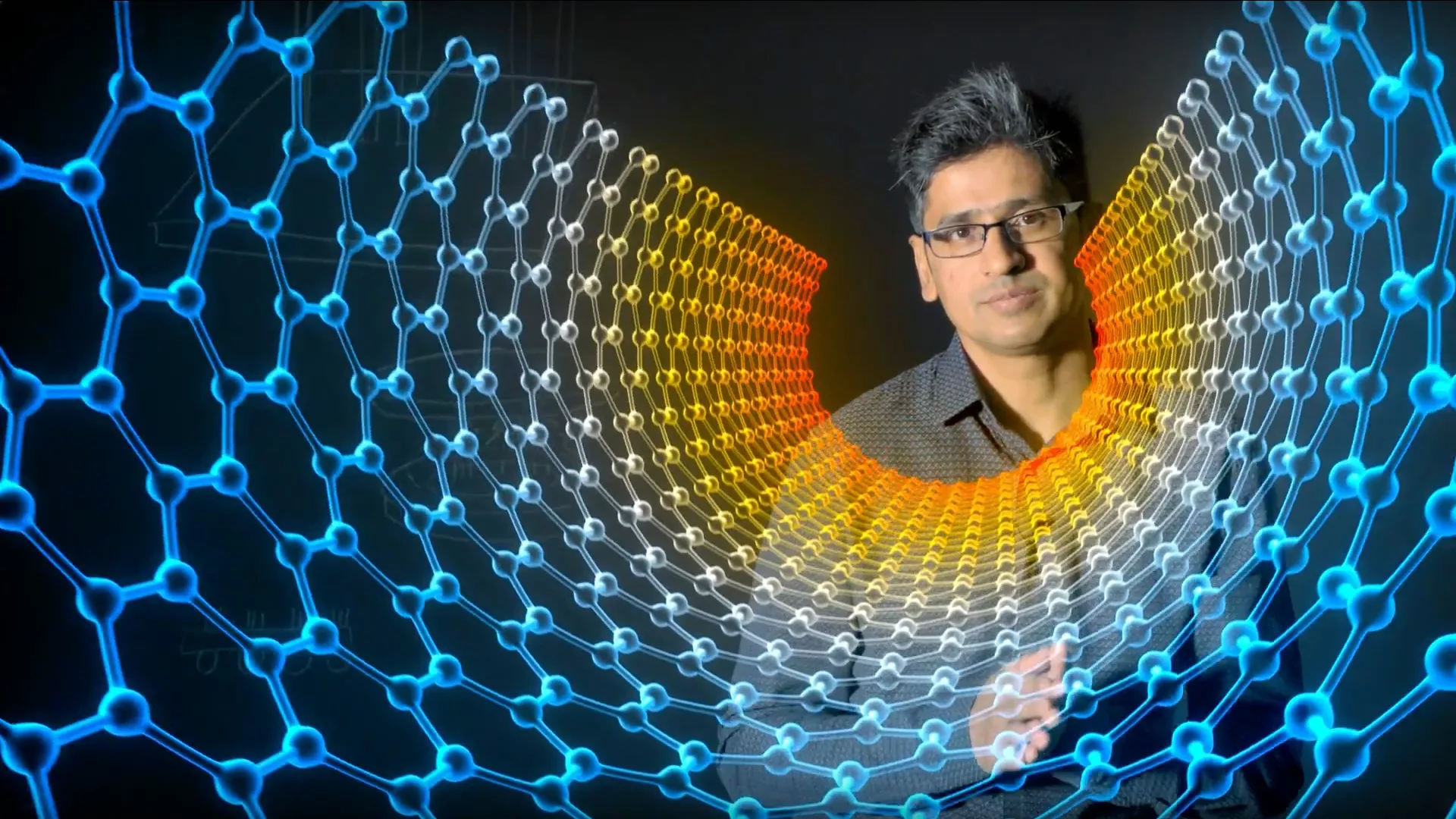
December 12, 2025
Smoltek conducts advanced research and innovation based on nanotechnology to develop new material technology opportunities that can solve many of today's industrial challenges. This journey began 20 years ago, when Dr. Shafiq Kabir, together with David Brudö and Dr. Peter Enoksson, founded the company.
IR Blog Posts

July 30, 2025
The recently signed technical service agreement between Smoltek Semi and the Industrial Technology Research Institute (ITRI) of Taiwan changes how CNF-MIM capacitors will reach the market. This partnership delivers the validation and manufacturing capabilities needed to transform laboratory breakthroughs into commercial reality.
IR Blog Posts

February 27, 2025
In an age where environmental sustainability is of utter importance, it is crucial to find innovative solutions to reduce energy consumption and minimize our carbon footprint. One such solution is found in capacitors. These unassuming electronic components not only play an important role in various systems, but also offer significant environmental benefits. Albeit very small – if counted one by one.
IR Blog Posts
January 9, 2025
Modern electronics demand increasingly compact and powerful capacitors, and the race for miniaturization has reached a critical juncture. While both Deep Trench Capacitors (DTC) and Carbon Nanofiber Metal-Insulator-Metal (CNF-MIM) capacitors are being developed for advanced applications requiring smaller size and higher capacitance density than conventional surface-mounted capacitors, DTC pushes the boundaries of what’s achievable with subtractive manufacturing, but is hitting fundamental physical limits. In contrast, Smoltek’s innovative CNF-MIM technology offers a revolutionary path forward, unrestricted by these constraints.
News
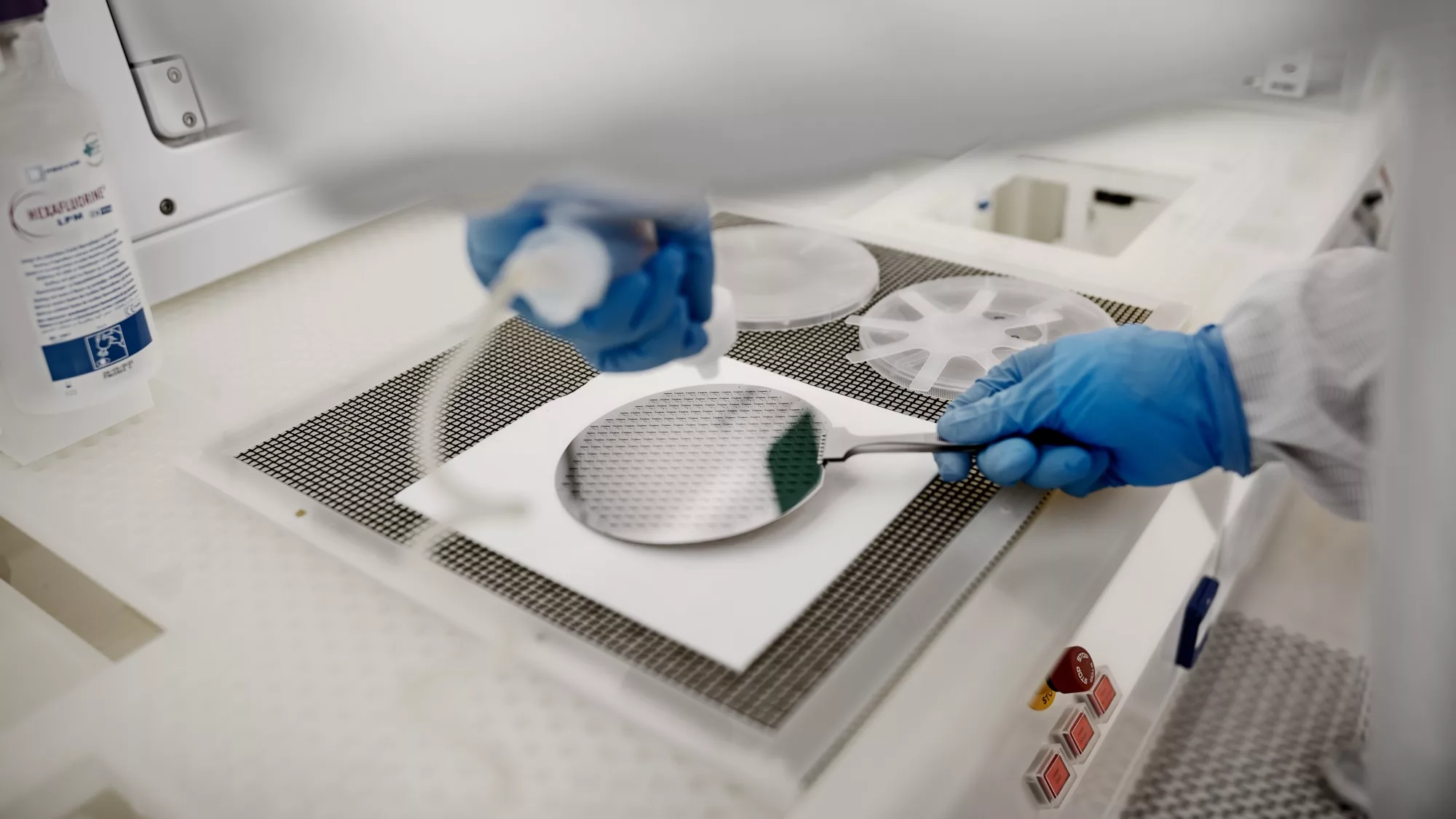
January 3, 2024
Smoltek has been awarded yet another patent in our patent family for Interposers, protecting solutions based on the CNF-MIM capacitor technology. The patent has been granted in Korea, bringing our patent portfolio to 84 granted patents globally.
IR Blog Posts

October 20, 2023
Håkan Persson, CEO of Smoltek, talked at the one-day conference Aktiedagen Lund organized by Aktiespararna (the Swedish Shareholders’ Association). His presentation offered some news and insights that are worth exploring further. So, let’s follow up with some questions for Håkan.
IR Blog Posts
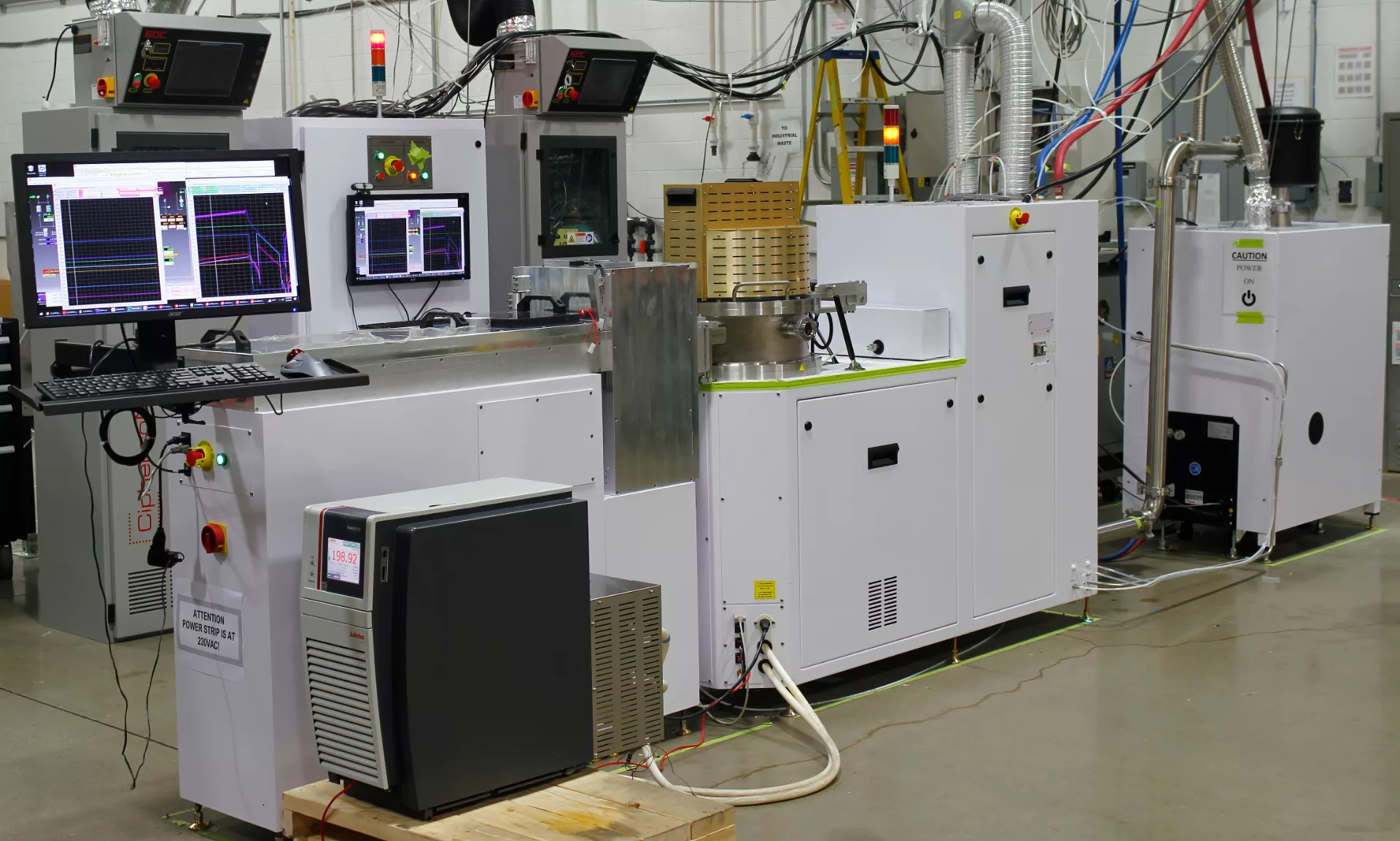
October 12, 2023
In March 2022, we told the world we had ordered a machine. In October 2023, we announced that it is ready for delivery. But what kind of machine is it? What does it do? Why has it taken so long? Where will it be located? How will it be used? You will find the answers here.
News
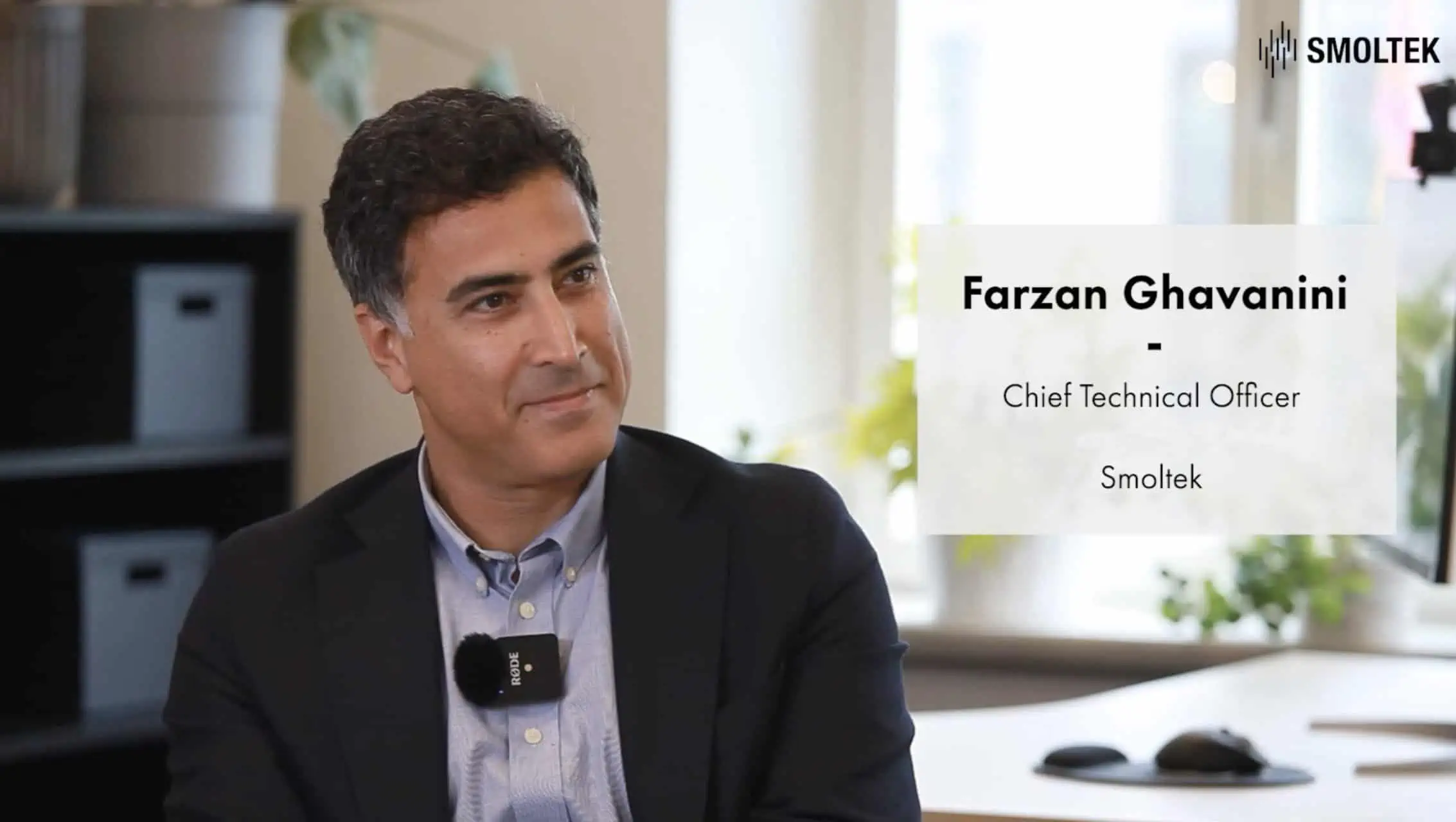
September 7, 2023
Smoltek has been awarded yet another patent in our patent family for Interposers, protecting solutions based on the CNF-MIM capacitor technology. The patent has been granted in India, bringing our patent portfolio to 82 granted patents globally.
Videos
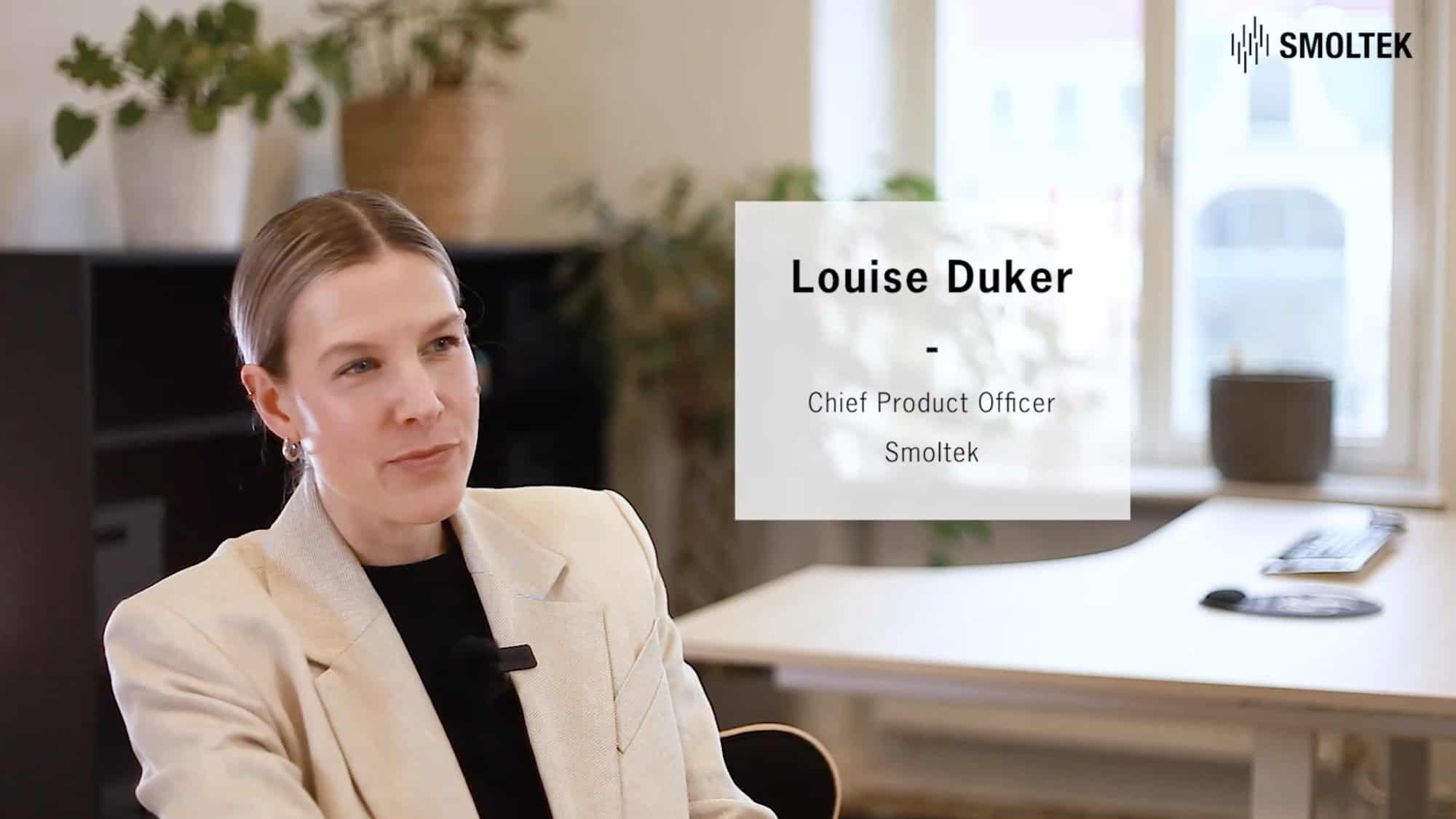
April 17, 2023
Louise Duker, Chief Product Officer at Smoltek, talks about how Smoltek will take the company's technology concept from manufacturing in a laboratory environment to industrial production in a factory - and how the company's product range of ultra-thin capacitors will be developed.
Videos

August 30, 2022
Farzan Ghavanini, CTO and Head of R&D at Smoltek, explains the unique advantages of our disruptive carbon nanofiber capacitor technology. How we can make extremely small capacitors with high capacitance density, which is in high demand as the increasing power consumption of micro processors calls for ultrathin decoupling capacitors with Landside mounting.
News
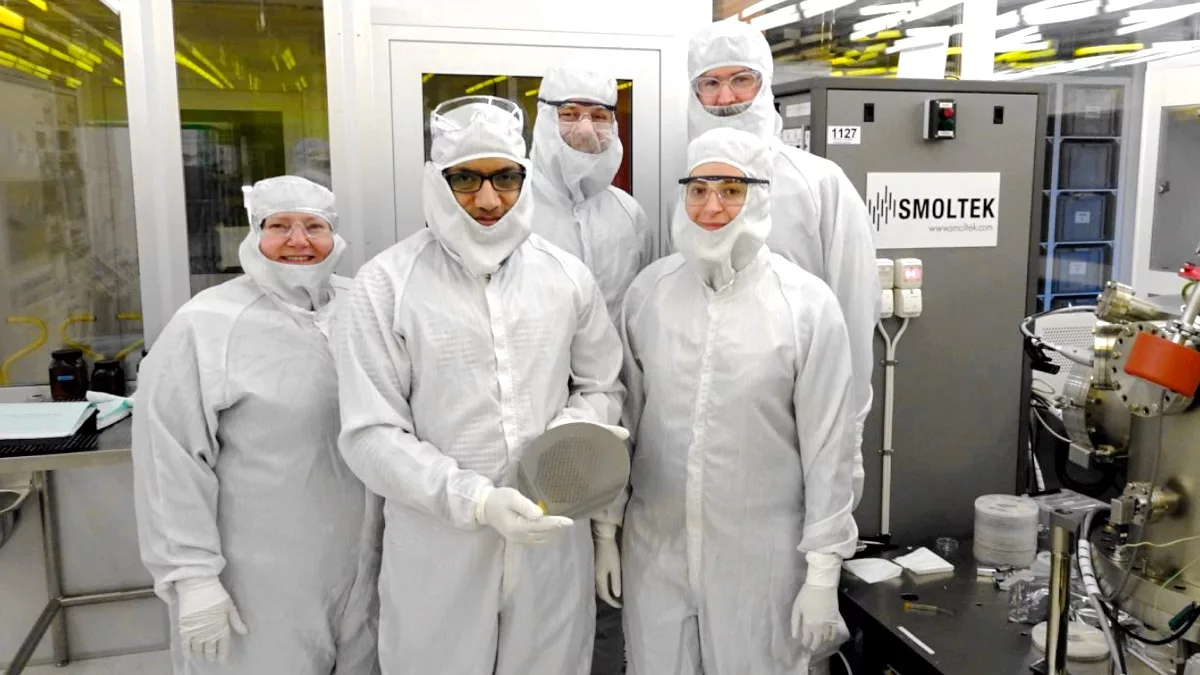
March 22, 2022
After completed tests and evaluations, Smoltek Semi has now placed an order for a machine for future industrial manufacturing of carbon nanofibers to the company's ultra-thin CNF-MIM capacitors.